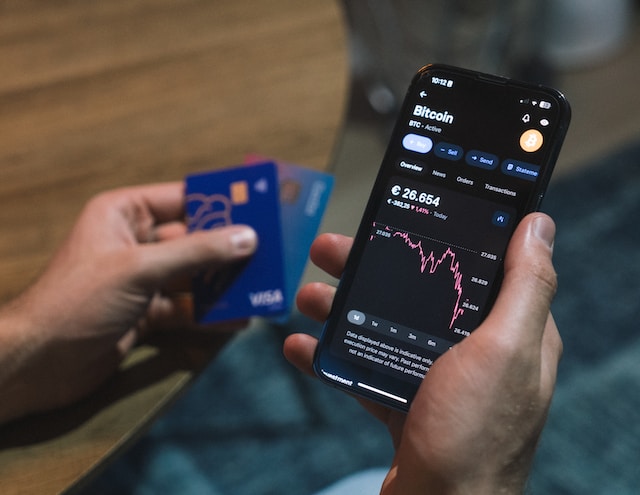
Cryptocurrency has ushered in a new era in the legal landscape, providing opportunities for quick financial relief in the form of presettlement cash advances and lawsuit loans. In this dynamic environment, understanding the intersection of legal finance and crypto is crucial. One avenue gaining traction is the utilization of crypto assets for swift relief, particularly in cases like car accidents. Let’s explore how individuals can chart their course through the legal crypto frontier, harnessing the power of car accident loans and crypto in pursuit of financial stability.
The Rise of Car Accident Loans in Legal Finance
Car accidents can lead to unforeseen financial burdens, from medical bills to vehicle repairs. In such challenging times, car accident loans like Pennsylvania Car Accident Loans emerge as a viable option for individuals seeking immediate relief. These loans, tailored for those involved in auto accidents, provide quick access to funds, allowing individuals to navigate the aftermath without added financial stress.
Crypto as a Catalyst: Presettlement Cash Advances
In the realm of legal finance, presettlement cash advances are gaining prominence. This innovative approach allows litigants to access a portion of their expected settlement before the case concludes. What makes this even more intriguing is the integration of cryptocurrency into the presettlement cash advance landscape.
- Swift Transactions: Cryptocurrency facilitates faster and more efficient transactions compared to traditional banking methods. This speed is particularly advantageous for individuals in need of urgent financial assistance after a car accident.
- Reduced Red Tape: Traditional financial institutions often involve lengthy processes and extensive documentation. Cryptocurrency transactions cut through the red tape, providing a streamlined solution for those in need of quick relief.
Unpacking Lawsuit Loans: A Crypto-Friendly Approach
Lawsuit loans, also known as litigation funding, offer financial support to plaintiffs awaiting a settlement. The incorporation of crypto assets into this domain introduces a tech-savvy dimension to legal finance.
- Diversification of Assets: By accepting cryptocurrency as collateral, lenders open up avenues for individuals to diversify their assets. This can be particularly appealing for those already invested in the crypto space.
- Global Accessibility: Cryptocurrency operates on a decentralized platform, offering global accessibility. This global reach is advantageous for individuals involved in legal battles that transcend geographical boundaries, such as international car accident cases.
Navigating the Legal Crypto Frontier: Practical Steps
1. Assess Your Needs
Before diving into the world of legal finance and crypto, assess your financial needs post-car accident. Understanding the specific challenges you face will help you determine the most suitable solution.
2. Research Reputable Lenders
Explore reputable lenders specializing in car accident loans and lawsuit funding. Look for those who embrace cryptocurrency as a form of collateral and have a track record of providing swift financial relief.
3. Understand the Terms
Whether opting for a car accident loan or a presettlement cash advance, thoroughly understand the terms and conditions. Pay attention to interest rates, repayment schedules, and any potential fees associated with the transaction.
4. Secure Your Crypto Assets
If considering crypto as collateral, take measures to secure your digital assets. Utilize secure wallets and employ best practices in cryptocurrency security to prevent any unforeseen issues.
5. Consult Legal Professionals
Seek advice from legal professionals well-versed in both personal injury law and cryptocurrency. Their insights can guide you through the nuances of leveraging crypto in the legal finance landscape.
READ ALSO: Why Cryptocurrency Is Important In Finance
The Future Landscape: Crypto and Legal Finance Synergy
As the legal crypto frontier continues to evolve, the synergy between cryptocurrency and legal finance is likely to deepen. Car accident loans, presettlement cash advances, and lawsuit loans will become increasingly intertwined with the world of crypto, offering individuals innovative solutions for financial relief.
In conclusion, navigating the legal crypto frontier involves understanding the power of car accident loans and crypto in tandem. By leveraging these tools, individuals can secure swift financial relief in the aftermath of a car accident. As the legal and crypto landscapes converge, the possibilities for innovative financial solutions are boundless.


 The SEC’s Aggressive Stance on Crypto
The SEC’s Aggressive Stance on Crypto

 The Foreign Exchange Market
The Foreign Exchange Market The Cryptocurrency Market
The Cryptocurrency Market
